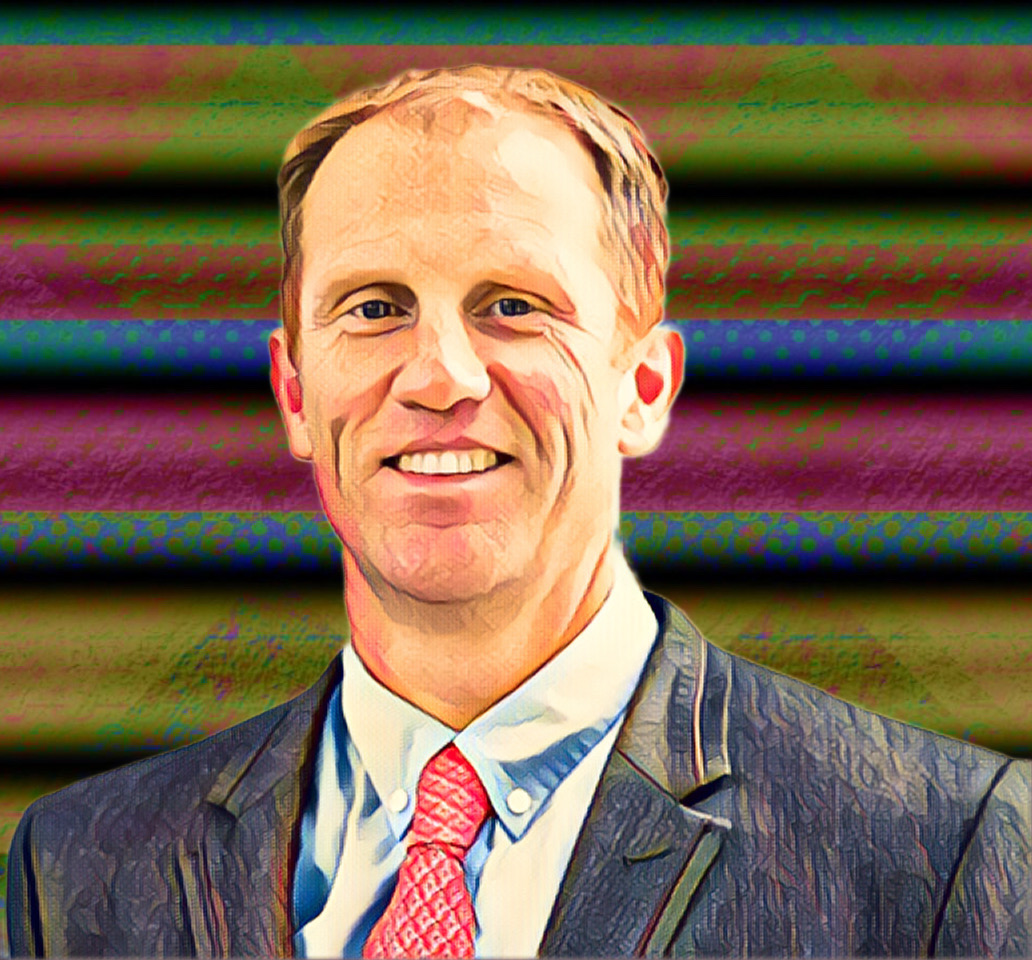South Africa’s ongoing electricity challenges have been a constant source of frustration for many, but the government and business leaders are now planning a new approach to tackle the problem. Known as “Necom 2.0,” this new strategy will shift attention from just fixing issues at Eskom’s coal power stations to addressing the broader problems in the country’s electricity system. These issues include the rising cost of electricity and the need for more reliable energy sources.
For years, South Africans have endured rolling blackouts, known locally as “load-shedding,” due to problems at Eskom, the state-owned power company. These blackouts have caused major disruptions in daily life and have hurt the economy. To deal with this, the government set up the National Energy Crisis Committee (Necom) to focus on immediate fixes, particularly at Eskom’s struggling coal plants.
However, with load-shedding becoming less frequent, leaders are now looking at the bigger picture. At a recent meeting led by President Cyril Ramaphosa, government officials and top business executives agreed that it’s time to “repurpose” Necom. Instead of just focusing on Eskom, they want to address system-wide challenges that are making electricity more expensive and less reliable for everyone.
James Mackay, the CEO of the Energy Council of South Africa, explained the urgency of this new approach. He emphasized that quick action is needed to ensure that the country’s electricity system can meet the demands of the future. This includes making energy more affordable, improving the efficiency of the system, and investing in new sources of energy.
Mackay outlined several major challenges that South Africa must overcome to secure its energy future:
- Delayed Investments: There has been a significant delay in new energy projects and expanding the electricity grid. These delays are holding back economic growth, and if not addressed soon, the country could face even bigger problems down the road.
- Rising Costs: The cost of running the electricity system is going up due to inefficiencies, failures in municipal utilities, and increasing debt. This has led to higher electricity prices, which are becoming unaffordable for both communities and businesses.
- Market Reforms and Decarbonization: As the world shifts towards cleaner energy, South Africa needs to reform its electricity market and reduce its carbon emissions to stay competitive internationally. If the country fails to do this, it risks falling behind as other nations implement carbon border taxes on goods from countries with high emissions.
To tackle these challenges, Necom 2.0 will focus on four main areas: improving the transmission of electricity, reforming the electricity market, fixing municipal utilities, and encouraging the development of new energy sources. The goal is to build a more efficient, competitive, and sustainable energy system that can support South Africa’s growth.
One of the biggest issues that still needs to be resolved is how electricity will be priced in the future. Eskom is reportedly preparing a proposal that could lead to a 36% increase in electricity prices starting April 1 next year. This potential price hike is a major concern, especially as many South Africans are already struggling with the high cost of living.
Although the meeting didn’t produce a final decision on pricing, there was agreement that the Electricity Regulation Amendment Bill remains a top priority. This bill, which has been approved by both houses of Parliament but not yet signed into law, is crucial for modernizing South Africa’s electricity sector. However, there are still some legal and constitutional issues that need to be worked out before it can be implemented.
Trade, Industry, and Competition Minister Parks Tau explained that the bill is still being reviewed for its constitutionality, and discussions are ongoing between the South African Local Government Association (Salga) and the National Treasury. Once these issues are resolved, the bill could play a key role in creating a more flexible and competitive electricity market.
Another important topic discussed at the meeting was the future governance of Eskom. With the Department of Public Enterprises being phased out, there is uncertainty about which government department will oversee Eskom in the future. President Ramaphosa is currently finalizing these details, which will be crucial for ensuring that Eskom can operate effectively in the new energy landscape.
As part of Necom 2.0, there will also be a focus on setting clear rules for the energy transition. Recently, there was a conflict when Eskom opposed the licensing of new private energy traders, even though they had already been approved by the National Energy Regulator of South Africa. To avoid such conflicts in the future, Mackay emphasized the need for a rules-based system where everyone, including Eskom, knows the boundaries within which they must operate.
Source: Mining Weekly



